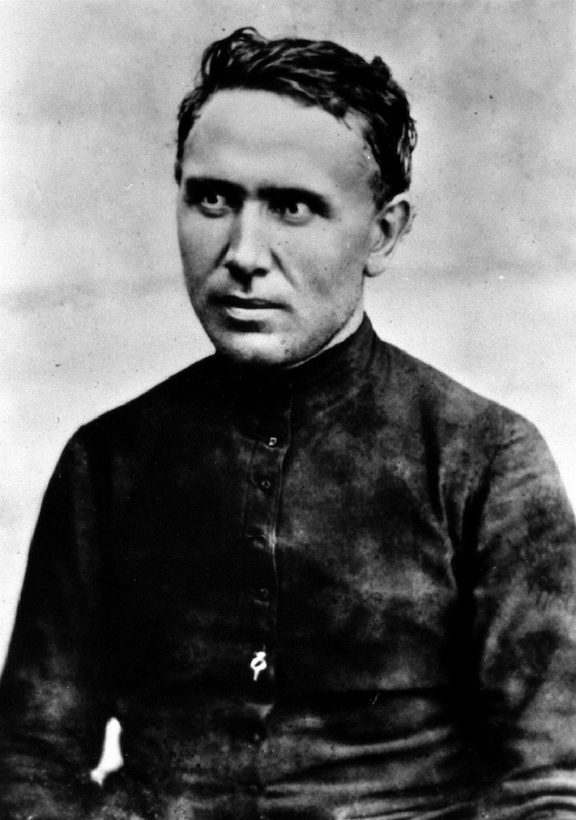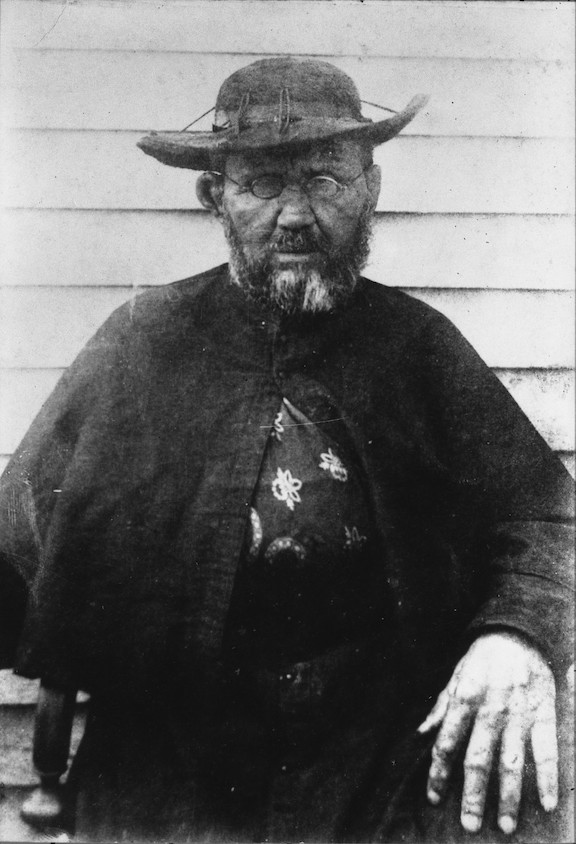In a recent editorial, Heidi Schlumpf, editor of the National Catholic Reporter, suggests that Rep. Alexandria Ocasio-Cortez (D-NY) is the “future of the Catholic Church.” Her encomium was inspired by the congresswoman’s expression of outrage, after a Republican congressman had referred to her by a commonplace obscenity, muttering as he made his way down a hall.
Ocasio-Cortez, naturally, complained about a culture “of a lack of impunity” [sic], portraying herself as a victim of violence, as other women are. “Patriarchy” came in for automatic blame. The congresswoman seems unaware that every one of the 1,500 cultures we know of has been patriarchal, and that the most violent areas of America are those from which the married father has disappeared.
I was raised never to raise a hand against a woman, and never to aim obscenities her way. That was the protective arm of Christian patriarchy at work. No such consideration need be given to men. As a matter of fact, with the obvious exception of rape, men are far more likely to be the victims of violent crime in America than are women: to be beaten, mugged, knifed, shot, and so forth. Even criminal men generally target other men for their violence, not women.

Ocasio-Cortez is not the future of the Catholic Church. She is not the future of anything that has a future. She cannot be. She is a rather stupid woman, without the learning that comes from arts and letters, or the experience that comes from struggling with the natural world and its resistance to human will. She is neither a scholar nor a farmer. She can neither parse a sentence nor dig a well.
Her youth (she was born in 1989) might beg for some clemency, except that she shows no inclination to learn from her elders. Indeed, a few days ago she spoke out against a Hawaiian memorial to Saint Damien, the priest who gave his life to bring the lepers of Molokai out of their abandonment and squalor. He too was, for her, but an exemplar of white colonialism.
What staggers me is how an editor, even an editor of the National Catholic Reporter, could say something so silly. I think I have the answer. It comes to me by way of Mikhail Sholokhov’s novel, And Quiet Flows the Don (1928-1940): Political ideology makes man stupid. Political ideology is an index card onto which you aim to sum up the whole experience of mankind. Political ideology is to wisdom as a paint-by-numbers portrait of Stalin (or Mussolini, or Mao, or any ideologue) is to the Mona Lisa.
Maxim Gorki said that And Quiet Flows the Don “can only be compared with Tolstoy’s War and Peace.” There is no comparison. Tolstoy is the moral philosopher with profound insight into human good and evil, who drinks from the springs of a faith that is two thousand years old. Sholokhov has no such insight, and his water is bottled by Karl Marx. The Los Angeles Times said that “this book is an experience, just as The Brothers Karamazov is an experience.” No, it is not. Dostoyevsky is in conversation with a gallery of great thinkers, saints, and villains. Sholokhov is in conversation with Lenin and Stalin.

Let me illustrate the spiritual constriction and the blindness that comes along with it. The scene is the novel’s moral climax. A machine gunner, Bunchuk, and his protégé Anna are energetic members of the Red Guards, i.e., Bolsheviks fighting against the “enemies of the revolution” during Russia’s civil war. They have kept themselves from sexual intercourse, as that would compromise their effectiveness. But nature asserts her rights, and they fall in love and they go to bed. Still, says Anna, “the personal cannot stifle our desire to struggle” – “and conquer, damn it!” says Bunchuk, finishing her sentence.
What do Mister Ideologue and Miss Ideologue talk about, when they are in love? Not love, not children. Says Anna, her head on her comrade’s shoulder:

How poisonous and petty seems any care for the achievement of one’s own individual little happiness at the present time! What does it signify in comparison with the uncompassable human happiness which suffering humanity will achieve through the revolution?
Sholokhov wrote those words after Stalin had reduced the Ukraine to mass starvation, killing millions. But let Anna continue:
We must be wholly absorbed into this struggle for liberation, we must. . . fuse with the collective group and forget ourselves as isolated parts.
Said no woman, ever. Note the inhuman and bathetic parody of the communion of saints. More:
You know, Ilia, I perceive the future like a distant, distant, magically beautiful music. Just as one sometimes hears it in sleep . . . Do you hear music in your sleep? It is not a separate, slender melody, but a mighty, growing, perfectly harmonized hymn.
Think of John Williams’ play on Soviet-style gigantism in the music he gives to Darth Vader and the Empire he serves. Now comes Anna’s starry-eyed prophecy:
And won’t life be beautiful under socialism! No more war, no more poverty, or oppression, or national barriers. . .nothing! How human beings have sullied, have poisoned the world! How much human misery has been poured out. . .Tell me, wouldn’t it be sweet to die for that? Tell me! Yes? What is there to believe in, if not in that? What is one to live for?
She presses his hand to her heart so that he can feel its beating. I am not making this up. Thus she concludes:
And if death is not instantaneous, then the last thing I shall feel will be that triumphant, disturbingly beautiful music of the future.
When Sholokhov wrote those words, Stalin was already a mass murderer, though he could not quite come up to America’s yearly slaughter of innocents, a slaughter championed by Ocasio-Cortez and excused by the National Catholic Reporter.
Well, at least the Soviet Union has ceased to be – the fate of everything radically unreal.
Images:
*Father Damien in 1873 by Henry L. Chase
**Father Damien in 1888 by Willian Brigham














